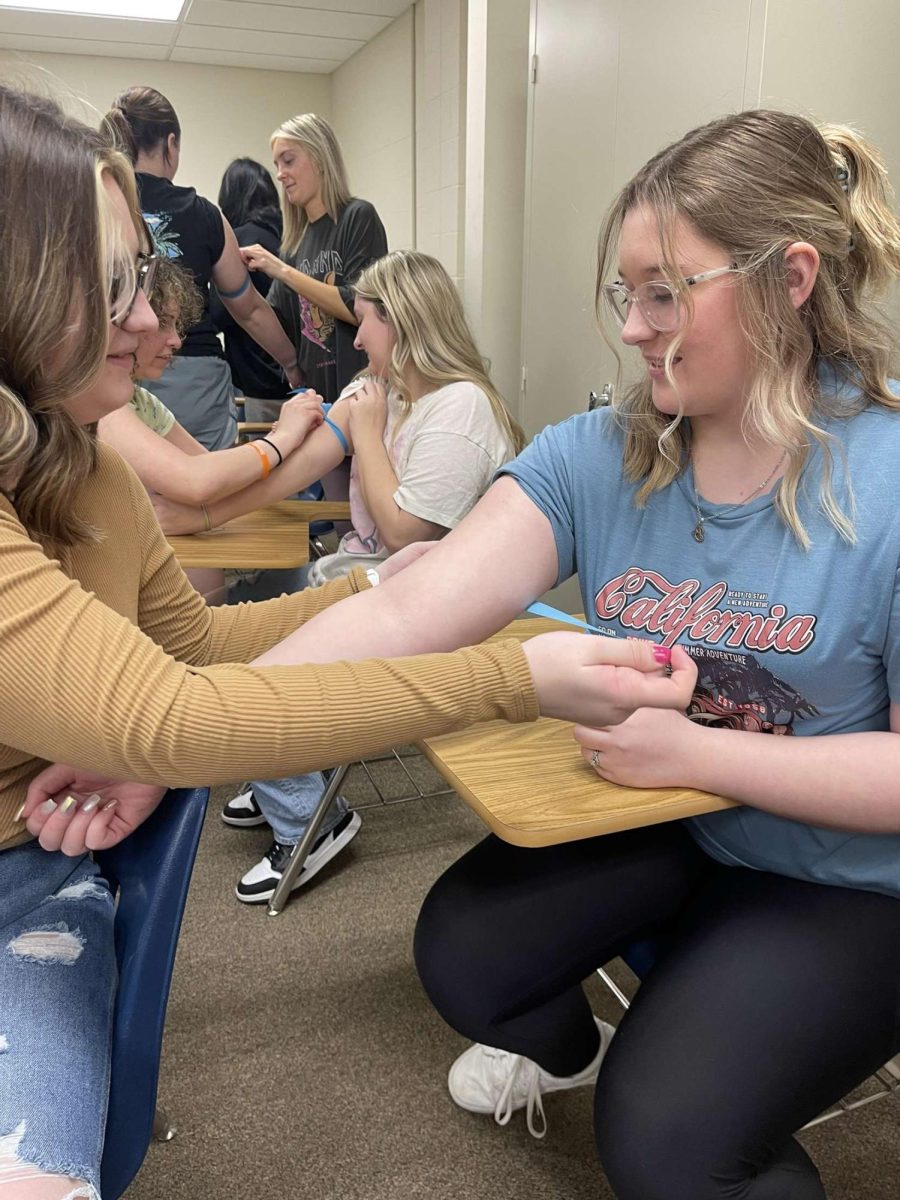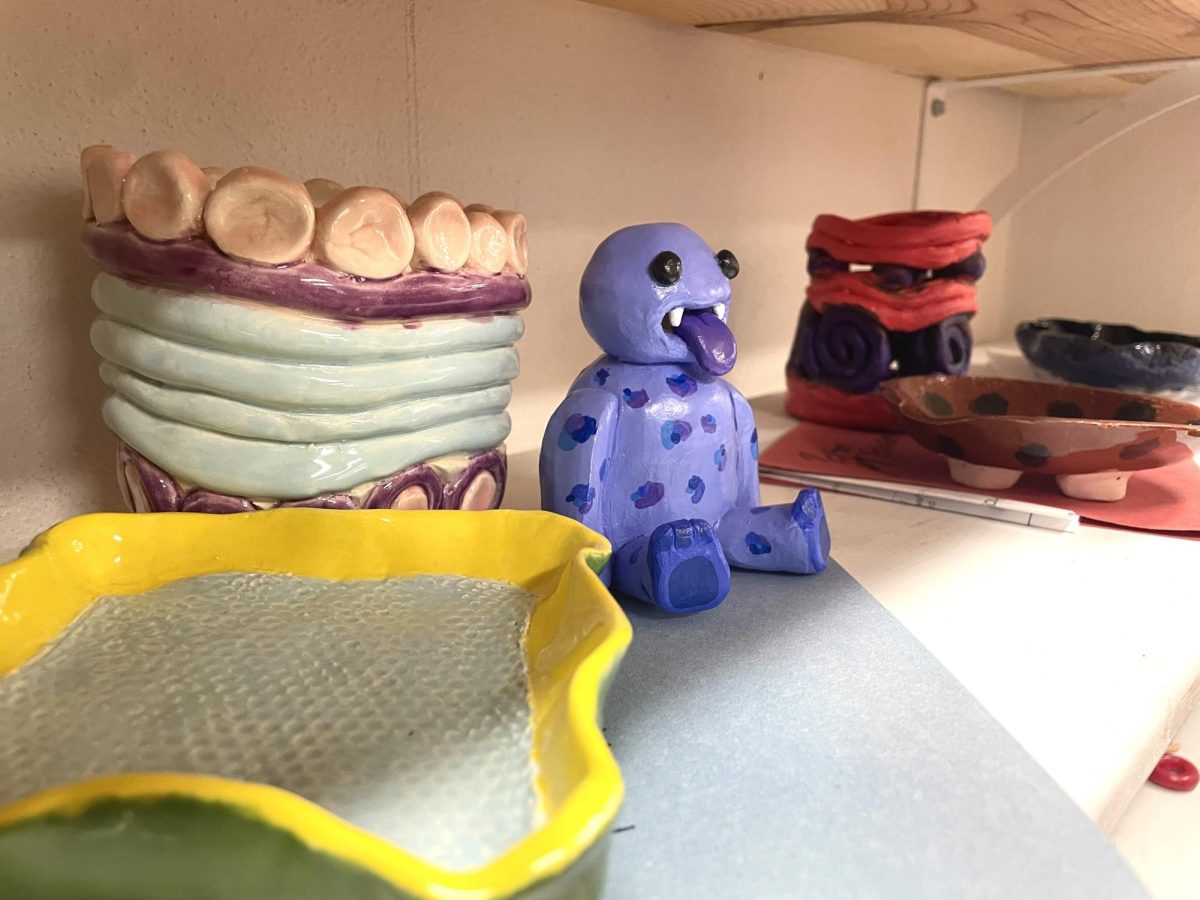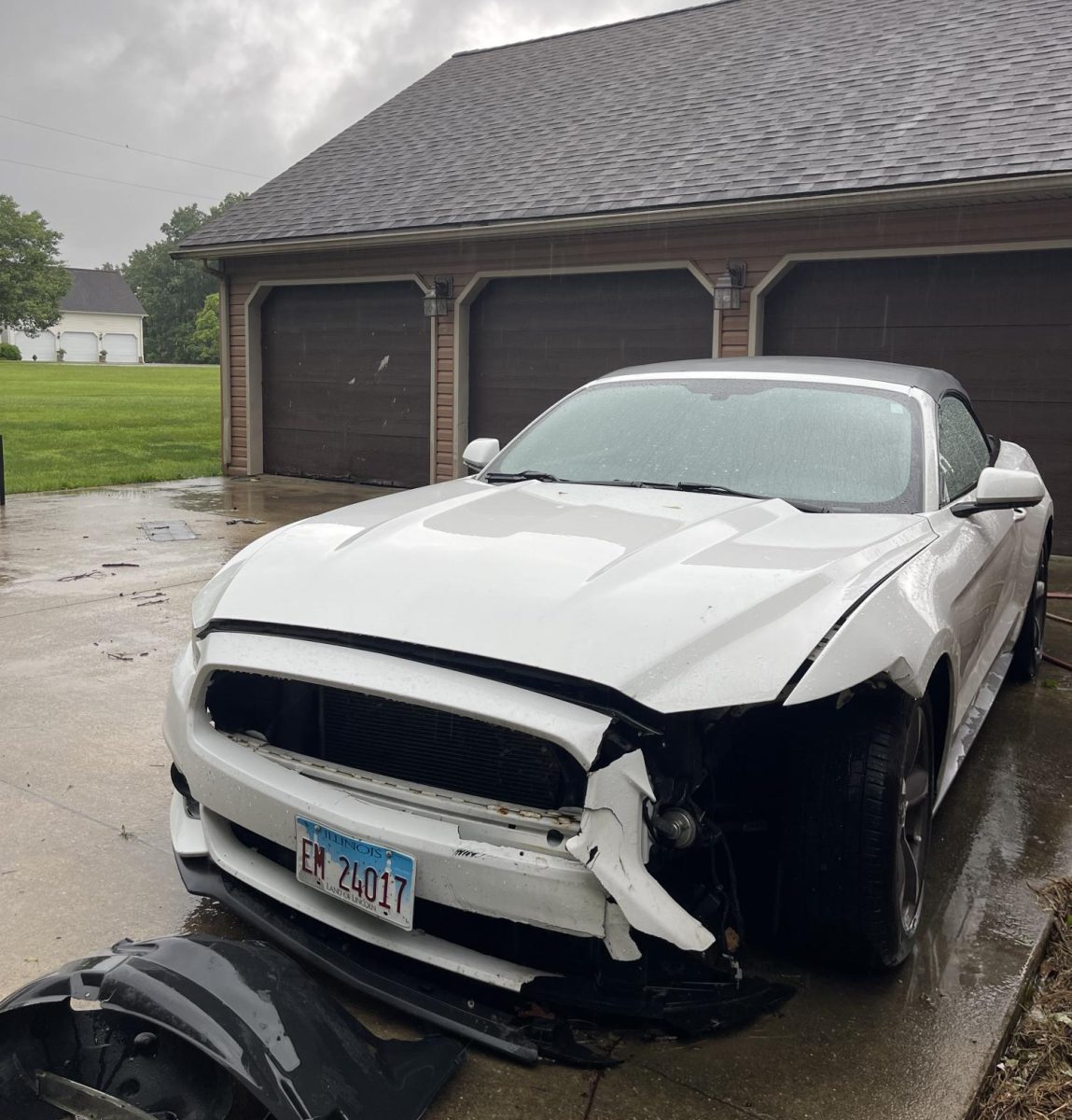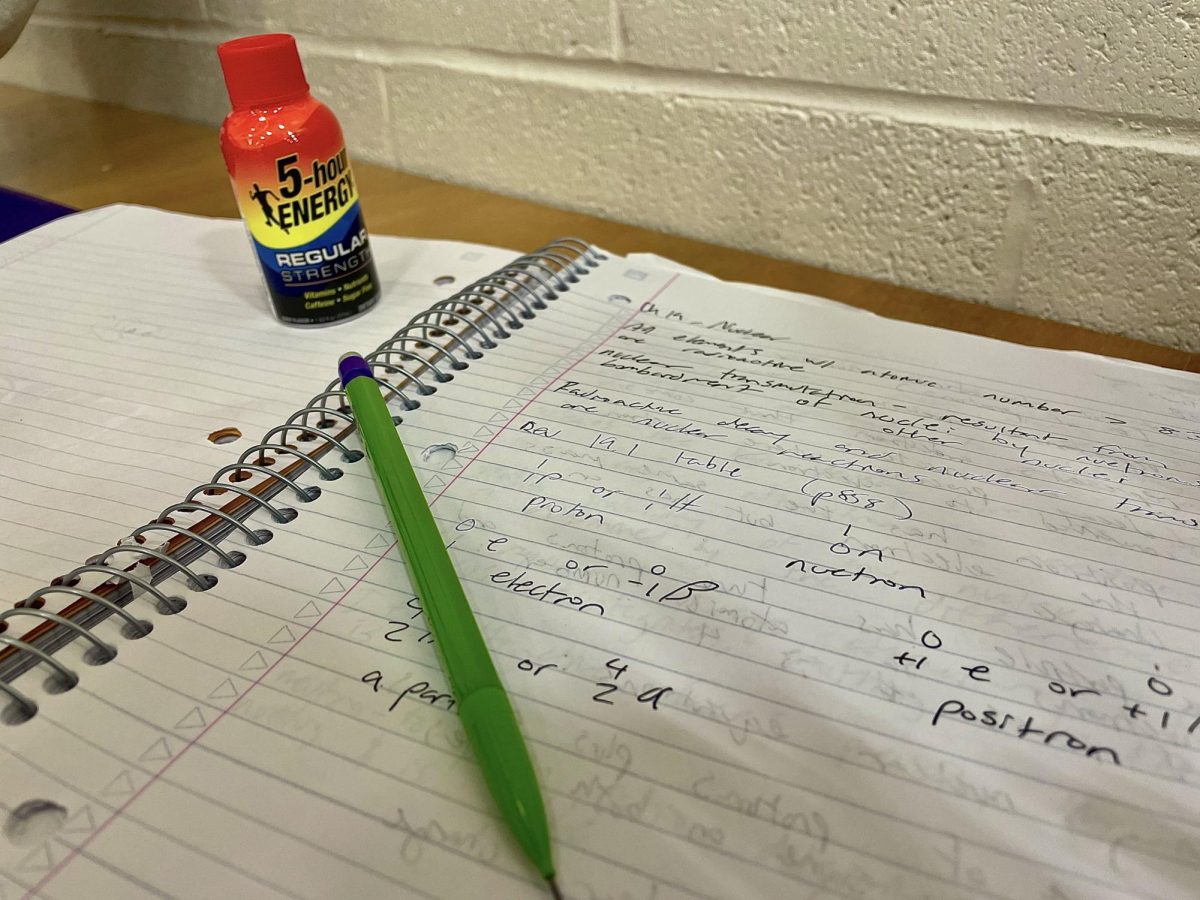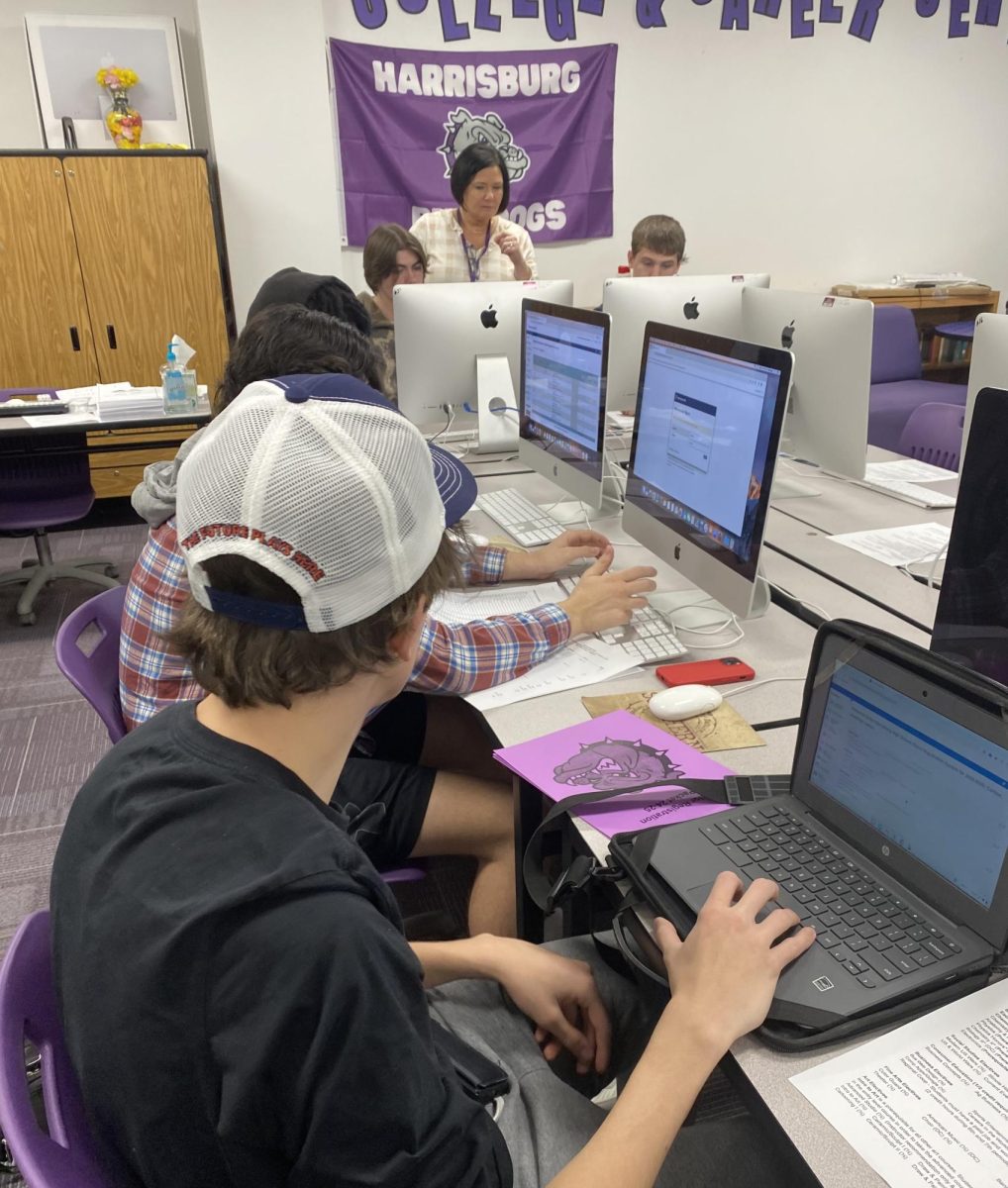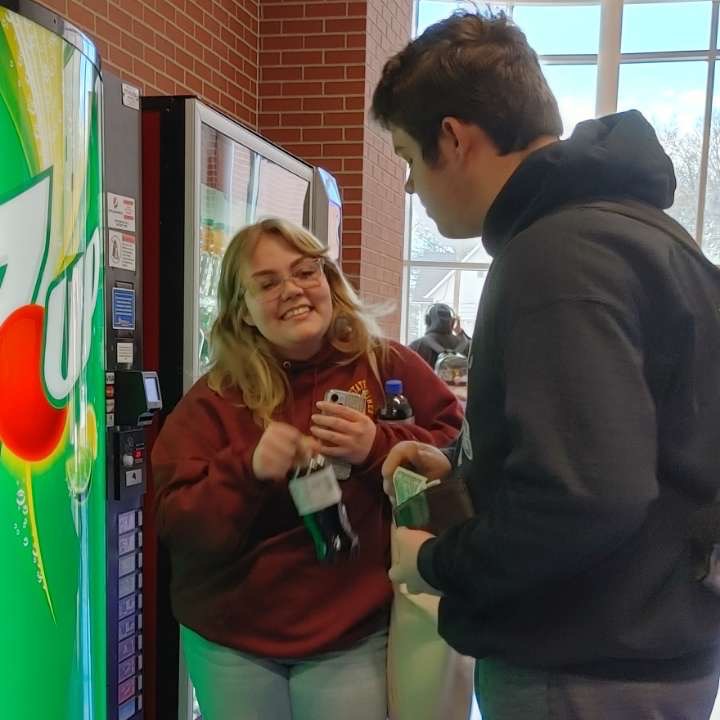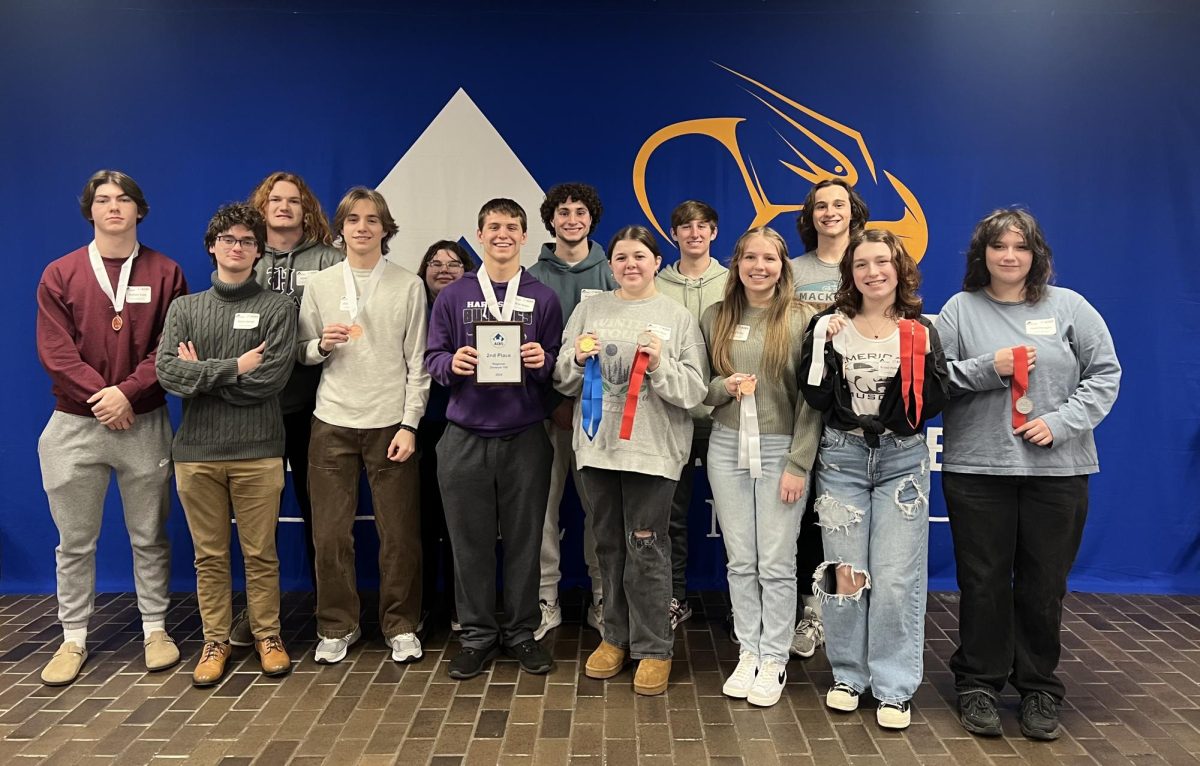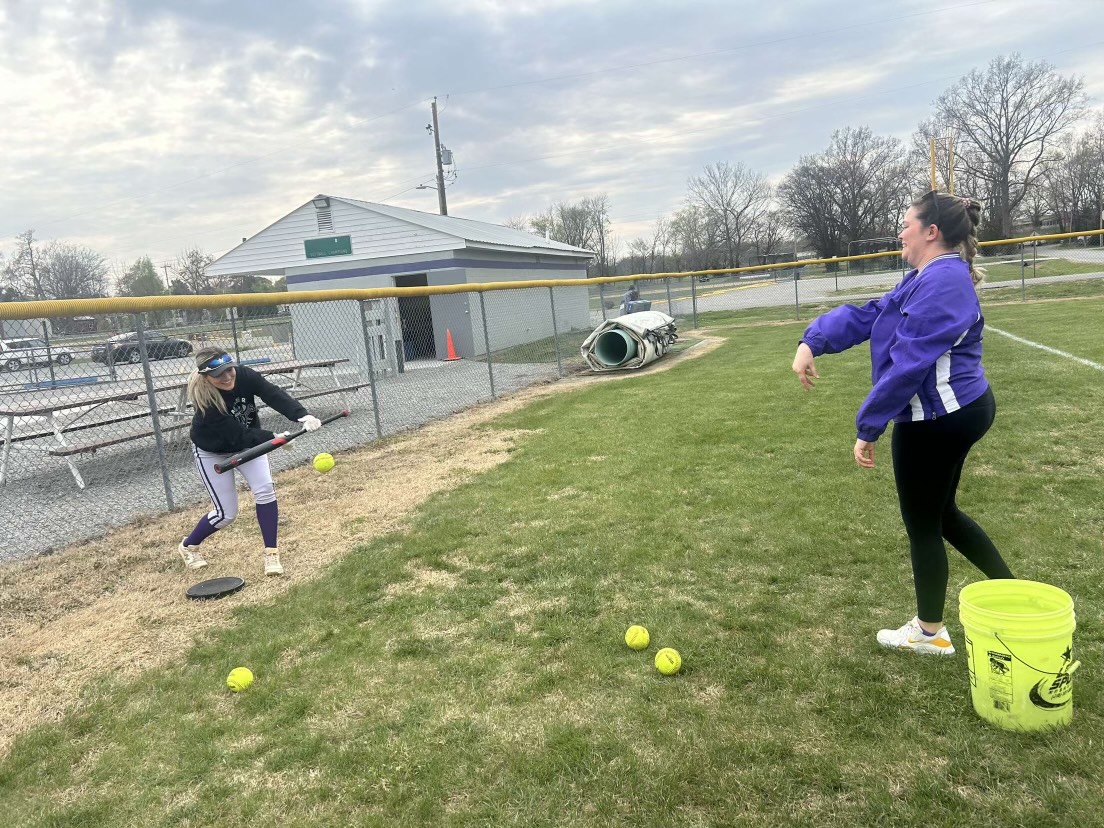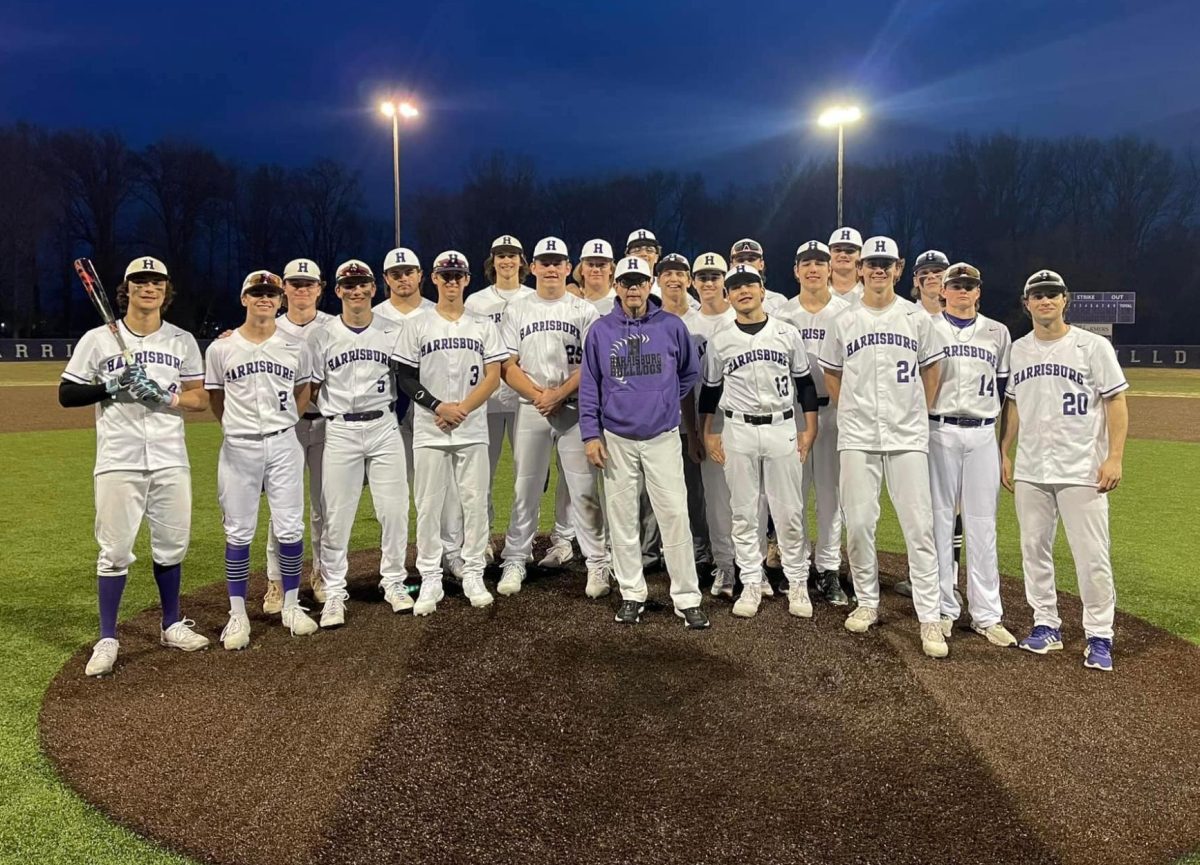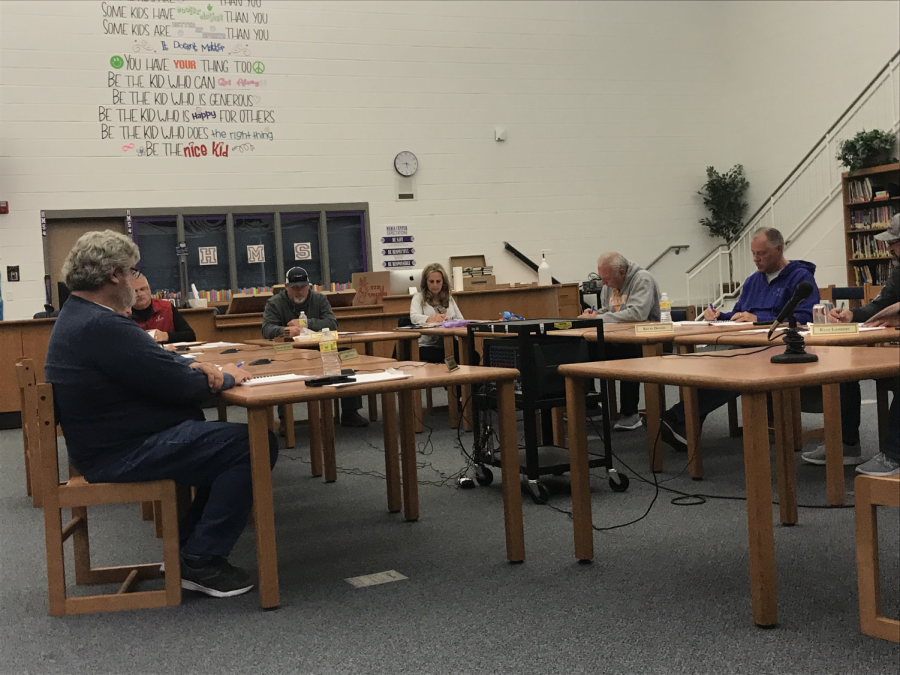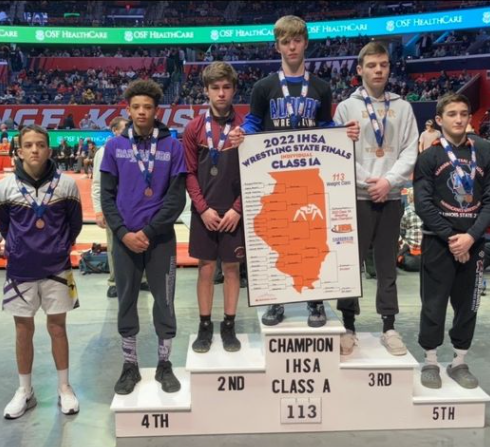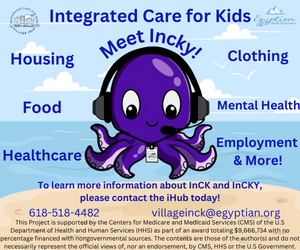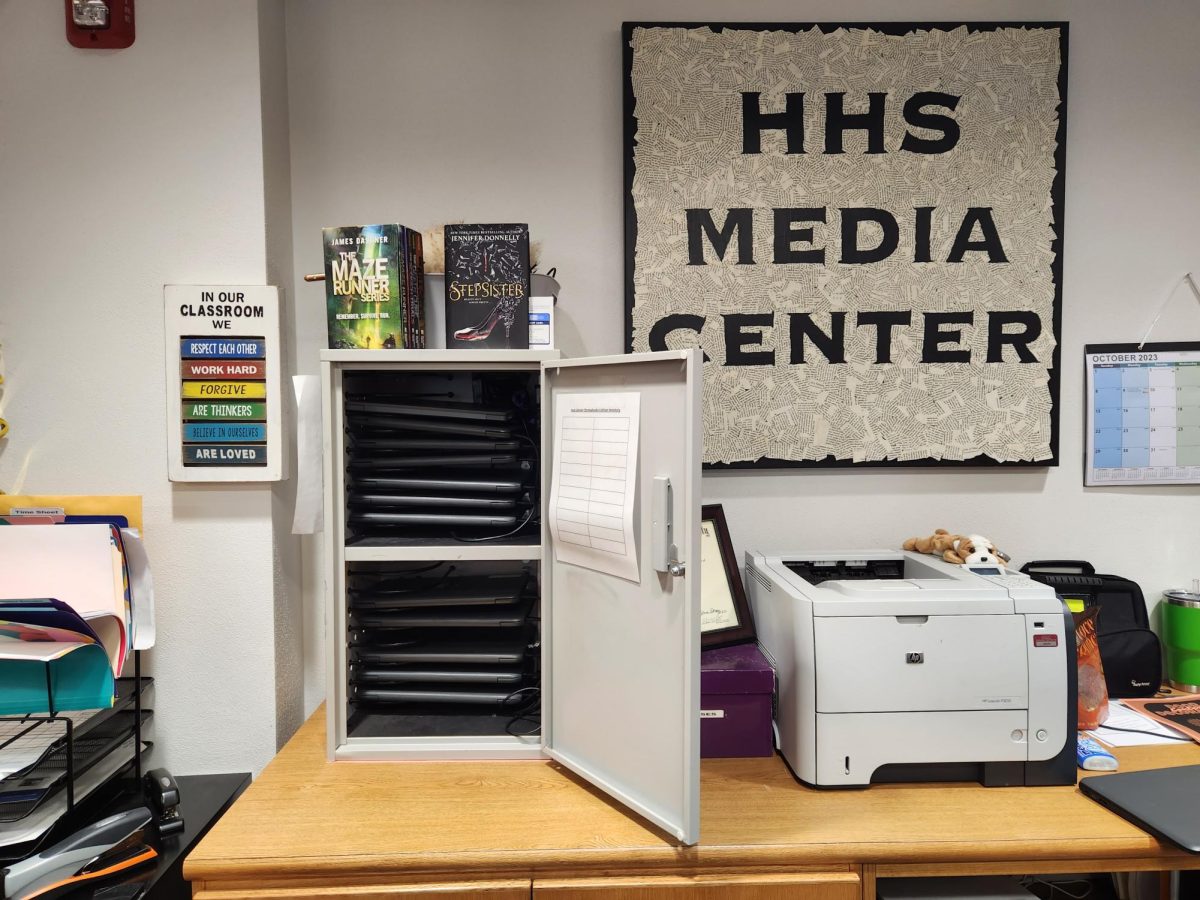Chromebooks– some students love them, others, not so much. Chromebooks are a great tool in the classroom according to technology coordinator Heather Cox, but only if the students can be responsible with them.
“The main problem we face is students forgetting or not charging their Chromebooks; that’s the reason so many are loaned out every day,” said Cox. “It does allow for a lot of flexibility and autonomy in the classroom, but it’s on the student to make sure it can do its job.”
According to a blog by Google, “Googlers took the first Chromebooks into schools in the U.S. for a pilot program in 2010, and we found that students, teachers, and education leaders immediately loved how fast, simple and secure they were — three principles we still adhere to today.” Cox agrees.
“It’s a good thing, It gives students more opportunities to access sources and sites that they can’t get in a textbook, and it gives teachers the chance to find materials that might not be tangible,” Cox said.
Teachers and administrators can now digitally monitor the devices, without having slow, clunky, desktops that take up an entire room. Further, students now have the flexibility to not carry around literal metric tons of textbooks, but many students hold strong sentiments against Chromebooks. School Chromebooks tend to be underpowered, have limited functionality, and lack durability compared to other devices. This can lead to a poor user experience for both students and teachers.
According to saveourschoolsmarch.org, “These devices are designed to be affordable and accessible for educational purposes, which means that they may not have the same level of performance as higher-end laptops or desktop computers.”
Cox understands this, but feels that price also plays a role in the decision making process.
“The main issue that we face as a district is finances. We have to balance affordability with capability, so it’s true that the Chromebooks are not a laptop in the sense of their capability, but we have found that besides a couple of hiccups, they work well for us,” Cox said.
However, the main student complaint about the Chromebooks has nothing to do with the speed or the durability but has to do with Unit 3’s online security system, Go Guardian.
Senior Kylan Jerrell has had experience with the quirks of the online filter feature of Go Guardian.
“It blocked some college websites that I wanted to look at, but at the same time it allows people to play online games,” Jerrell said.
However, there are still others who don’t mind the monitoring system.
“I don’t really mind that the teachers can see,” junior Karol Simmons said. “It helps them to know if you’re actually doing your work or not. They can also send you private messages, and it’s not a terrible thing.”
Cox admits that the filtering system has limitations.
“There’s only so much that we can do with security, and Go Guardian is a word-based application. But what we can do is set different limits for the different buildings in the district. So if there is something that you need to see, we can get it white-listed for our building by the central office,” Cox said.

